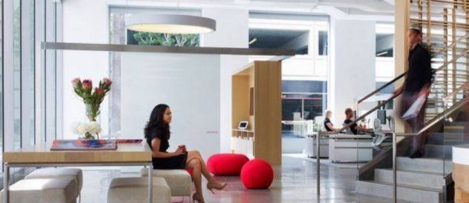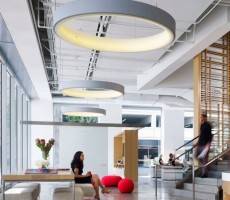June 1, 2016
Financial sector is rationalising real estate to remain in London 0
 A relentless drive to cut costs is forcing financial services occupiers to focus on reducing real estate costs and adopting strategies to use their space more efficiently in Central London. According to research from CBRE there has been an ongoing move by big banks to relocate non-core functions outside of Central London, as seen in HSBC’s decision to move 1,000 head office staff from London to Birmingham. However despite the inherent challenges, banks continue to cite client needs, recruitment, profile and presence as key reasons to keep office space in the Capital. This is reflected in last year’s leasing figures with banking and finance occupiers leasing 3.2m sq ft, 4.9 percent above the 10-year average. There are a variety of compromises companies may make as part of rationalisation strategies to maintain their position in London. Consolidation is an ongoing trend. But it is not a one size fits all approach.
A relentless drive to cut costs is forcing financial services occupiers to focus on reducing real estate costs and adopting strategies to use their space more efficiently in Central London. According to research from CBRE there has been an ongoing move by big banks to relocate non-core functions outside of Central London, as seen in HSBC’s decision to move 1,000 head office staff from London to Birmingham. However despite the inherent challenges, banks continue to cite client needs, recruitment, profile and presence as key reasons to keep office space in the Capital. This is reflected in last year’s leasing figures with banking and finance occupiers leasing 3.2m sq ft, 4.9 percent above the 10-year average. There are a variety of compromises companies may make as part of rationalisation strategies to maintain their position in London. Consolidation is an ongoing trend. But it is not a one size fits all approach.



































May 30, 2016
Why the greatest places to work are also safe by design 0
by Justin O'Sullivan • Comment, Facilities management, Wellbeing, Workplace design
(more…)